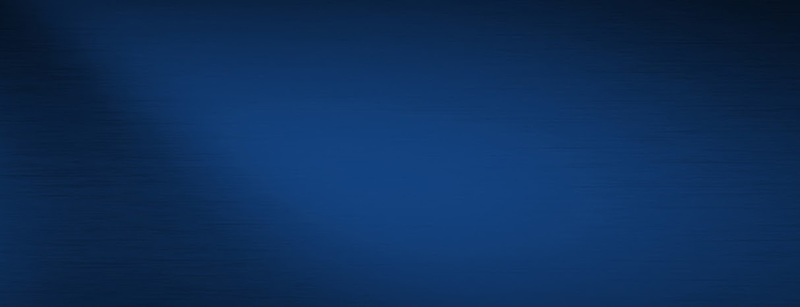Sign up for The Media Today, CJR’s daily newsletter.
A familiar harmony of fear and self-loathing crescendoed Wednesday after Gallup released a new survey estimating that only 32 percent of Americans trust the media, the lowest level recorded in the polling organization’s history. That number is down eight percentage points since last year, a drop Gallup blamed in part on this bad dream of a presidential campaign.

The data set sail a thousand tweets lamenting a Fourth Estate crumbling before our digitally glazed-over eyes. And its trend line points even steeper downward since 1976, when the public’s trust and confidence in the media peaked at 72 percent following reporting on the Vietnam War and Watergate.
It seems perfectly plausible that just one-third of Americans trust “the media.” Liberals and conservatives alike have criticized “the media” over the course of this campaign, while presidential candidates have made “the media” a familiar target in stump speeches and fundraising emails. Rants against “the media” are a favorite dish at my family’s Thanksgiving dinners. “You have a point,” I mumble through mouthfuls of mashed potatoes. “But that’s not what I do.”
And herein lies the caveat journalists should consider before they wet the bed over Gallup’s latest data: There is no media. There is only my media and your media.
“The media”—“such as newspapers, TV, and radio” per Gallup’s definition—has given way to an amorphous blob of email newsletters, podcasts, blogs, YouTube channels, tweets, Snaps, Facebook Live streams, and countless other vessels we couldn’t have imagined 20 years ago. Many people who produce content for them adhere to journalistic standards, but an increasing proportion of them do not. Consuming the fruits of that labor is an intensely personalized experience.
Peer further into Gallup’s data. Trust in media among self-identified Republicans, Democrats, and independents was in the same ballpark in 1998. That was in the early years of the cable news wars. The nearly two decades since coincided with an intense fragmentation of media among more digitally focused individuals and organizations.
Nowhere has this explosion been more forceful than with conservatives, whose half-century project of demonizing the lamestream media has begun splattering into myriad splotches on the internet. The world of a lone conservative media superpower, Fox News, is gradually giving way to a multi-polar world of abundant right-leaning choices.

Polling from the Pew Research Center in 2014 suggests that liberals turn to a broader array of news outlets than their ideological counterparts, which may help explain Gallup’s flatter trend line among Democrats in an age of fragmentation. Conservatives trust far fewer sources, but they generally put greater faith in individual options such as Fox, Breitbart, and Sean Hannity. Is Hannity, who goes to lengths to carry water for GOP nominee Donald Trump, not part of “the media”? He is by any definition of the term, despite a flawed argument that his opinionated bent makes him something other than a journalist.
The truth is cognitive dissonance about “the media” serves everyone’s interests. Respectable journalists feel safe criticizing “the media” because the ambiguity allows for some daylight between their savviness and any guilt by association. Clinton and her supporters can complain about “the media” for supposedly unfair scrutiny and then cite “the media” as it exposes Trump’s grand charade.
This campaign may be the driving force behind Americans’ heretofore unparalleled disdain for “the media.” Indeed, the decline in public trust since 2000 has come largely during presidential election years. Polling from other years, taken cumulatively, suggests a modest uptick.
That disparity could stem from “the media” performing particularly bad during campaigns, or the fact Americans consume a particularly large amount of smut from “the media” as voting looms. But let me propose another possibility: a growing discontent with our politics, reflected through “the media.” We can blame “the media” if the campaign isn’t going the way we think it should. And since “the media” has no real definition, everyone’s argument is at once true and false.
Of course, there is no way around this wretched catchphrase. And as someone who writes about “the media,” I am a repeat and continuing offender. “The media” is dead; long live “the media.”
Has America ever needed a media defender more than now? Help us by joining CJR today.



